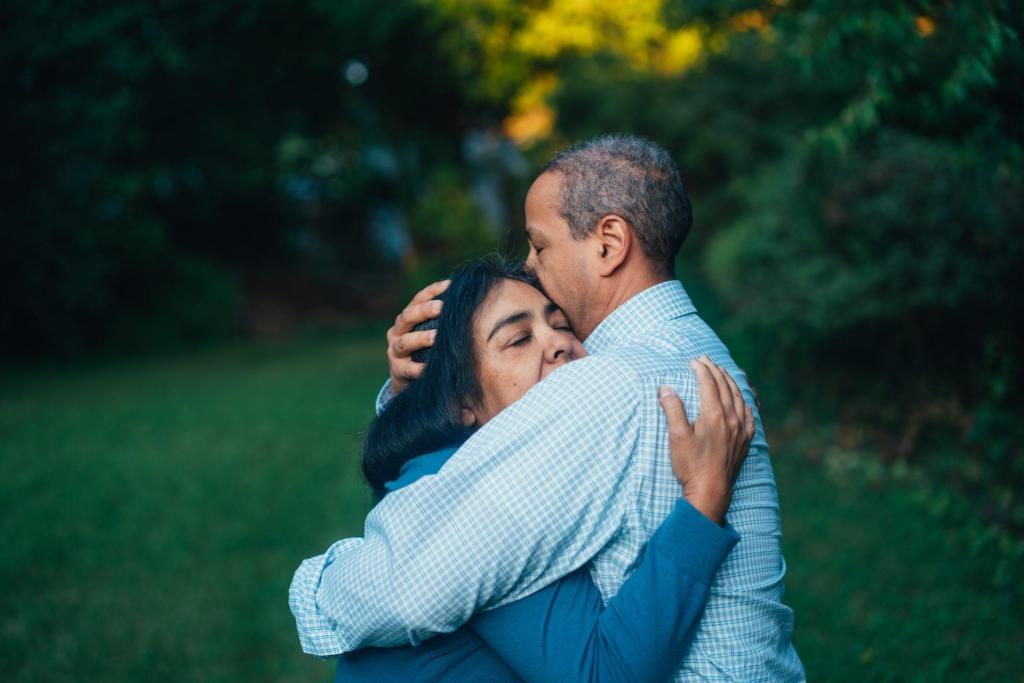What to do When You Fail

What to do When You Fail
So you failed.
It happens to all of us, but when it happens to you it can be crippling.
Maybe you worked hard for something only to have it fall apart. Perhaps you lost a job you were proud of, or you keep telling yourself you will accomplish something and continue to fall short. A relationship can fail. You can feel like you failed as a parent. Really, anything can make you feel like a failure.
So how do you come back from a failure?

Where to Start
First, go ahead and throw that pity party and cry for as long as you need. Curl up in a ball and self-soothe.
Then, I cannot recommend therapy or coaching enough. When you have failed, you need some support. Your friends can help you and your family may be a source of love and support, but an outside person can help you to see what is happening without already having an emotional investment in your situation.
There are many programs for free or low-cost therapy out there, and it is an investment that costs much less than staying in pain that you could potentially work through with some help.
Given that it is my business to help people with their self love and acceptance, I recommend programs and workshops that fit you. They do not need to be here on this site, but you should explore where you can start your healing journey.
Failing can be traumatic, and you deserve to learn and grow from it. That’s hard to do if you don’t take some time to reflect.
Make Friends With Your Ego
When you fail it is your ego that feels it the most.
After a colossal failure, I had humble myself and go backwards a little in my life. It was hard because my identity was so caught up in achievement. After failing, though, I needed to return to something I knew, I just needed peace and calm.
While other people I knew were out doing all the big things, I had to learn to just be happy for them while I worked on my self and my own happiness.
At this point, I learned to make friends with that competitive and jealous part of me. This part was also seen as my shadow, and when you can work with your own shadow you free yourself to be authentic and present.

Work on Self Trust
Again, you are going to fail again someday. Maybe your most recent failure had to do with the way we sometimes abandon ourselves and forget to trust ourselves. We begin to ignore red flags.
If you do the things that are suggested above, you can start to have a conversation with yourself about self trust. Through this, you will start to recognize the difference between your ego and your inner voice. The inner voice will always be a guide and support you, whereas your ego can be more of a critic.
While healing you will learn to take risks again, because this is what makes life fun! You’ll trust yourself and you could still fail. Trusting yourself does not mean you are predicting the future, it just means you are living authentically and with resilience.
Recognize Your Humanity
This is not the end. The end is the end. If you are reading this, you are still alive, which means you still have time to change.
Overall, you need to move through some stages of grief, heal, and start again.
Dr. Autumn Thomas
This blog may contain affiliate links.
Perhaps you need a free gratitude program to support your healing? Check out our Cultivating Gratitude Program.

Sign up for our free Gratitude Program

Get 30 Days of Gratitude sent to your inbox

Get a Free Boundary Workbook to Download
Explore our Programs Page and find one to further your self love journey.
What to do When You Fail Read More »






























































































